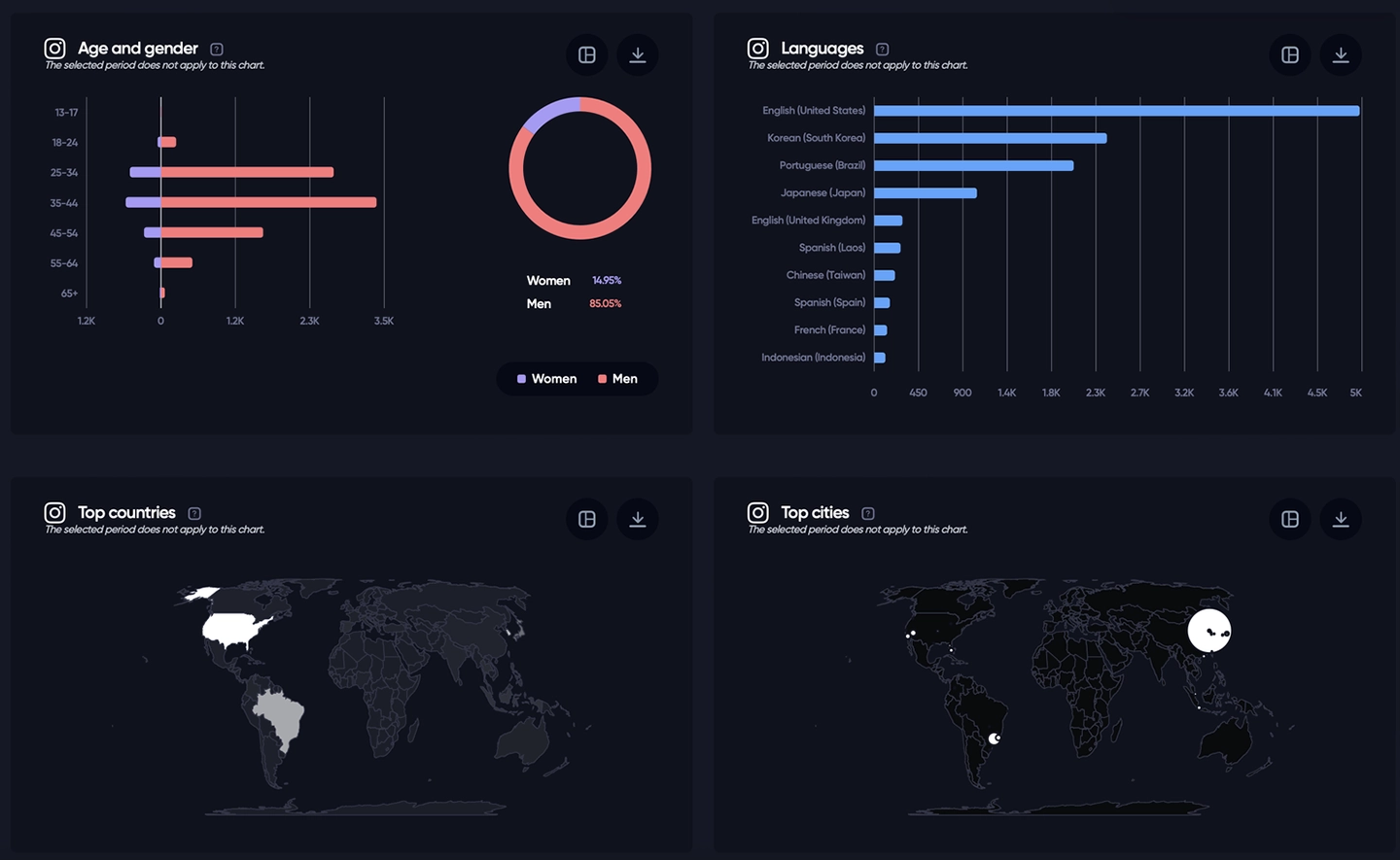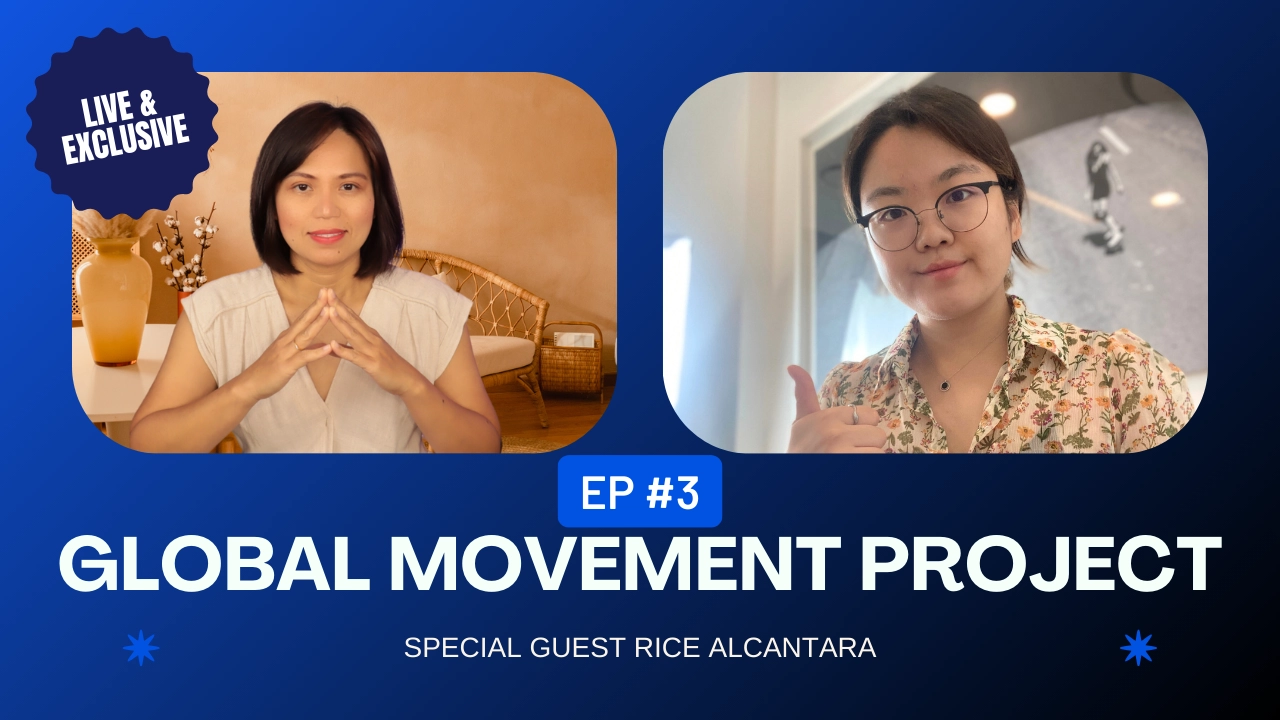I want to discuss Global SEO here. Because it’s essential for ANY business looking to generate consistent leads.
There are two aspects: 1. broad global SEO and 2. localized specific global SEO in terms of keywords.
However, which one should you go for?
As I mentioned earlier in Global Marketing Secrets E2, It’s really important to define your target audience very specifically including their persona (general, social media activity, socio-demographics, psychographic, geographic, and others) before jumping into SEO to identify the right keywords for you.
Let me provide examples of what 1. Broad global SEO and 2. localized specific global SEO mean.
This is also related to the niche or non-niche aspect.
1. Broad Global SEO
If your service/product aims for a broad approach, such as “global(English-speaking markets)” & “targeting several countries simultaneously”, “general global SEO” is a perfect choice.
For instance, one of my clients aimed to expand their business worldwide. Their industry was related to the hospitality sector, helping people book Omakase restaurants (which can be difficult to book independently if they are renowned) and suggesting trip packages in Japan. If I were to broadly describe our target audience, it would include travelers preparing to visit Japan, those who love Japanese culture and food, foodies who enjoy Japanese cuisine, chefs wanting to learn Japanese cooking, and so on.
So, we implemented broad global SEO in three languages: English, Japanese, and Korean. Because the keyword itself “related to Omakase and all” is not highly competitive, allowing for broad use, even in English. I believe you got my point now, right?
For example, if keywords for specific products/services like “K-beauty,” “Soju,” or “teaching Japanese” aren’t too competitive and can be broadly used in SEO, a broad global SEO strategy can work well. But having the right keywords is not enough. Well-written and captivating copywriting is essential to drive proper traffic for lead generation and sales. That’s why having native marketers are mandatory.
Below is the result: we successfully expanded their audience to English-speaking markets (especially the U.S. and more), Korea, Brazil, Japan, etc., through the broad SEO approach.

This case study is about the business mentioned above, where we achieved massive results. We blended social media and SEO strategies through the implementation of core marketing approaches.
In contrast, for highly competitive markets like “Photo Studio,” “Copywriting AI,” “Skin care products,” “Women’s dresses,” “Online courses,” “Video games,” “Finance apps,” etc., “Broad Global SEO” isn’t enough or as effective. So it should be better to find out how you can successfully niche some specific targets or markets by merging “localized specific global SEO” strategies as well as other marketing strategies.
In the next episode, I’d like to dig deeper into “localized specific global SEO“.
Make sure to SUBSCRIBE to the Our Newsletter for more global marketing strategies!
Hyein
I’m an award-winning global marketing expert running HY Marketing in South Korea. We help businesses succeed in South Korea, Japan, and English-speaking markets through SEO, social media, and paid ads.
your next big win?
This playbook cuts through the noise and gives you the blueprint to enter with impact.





